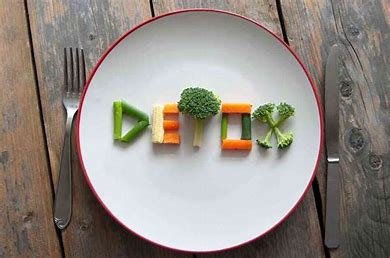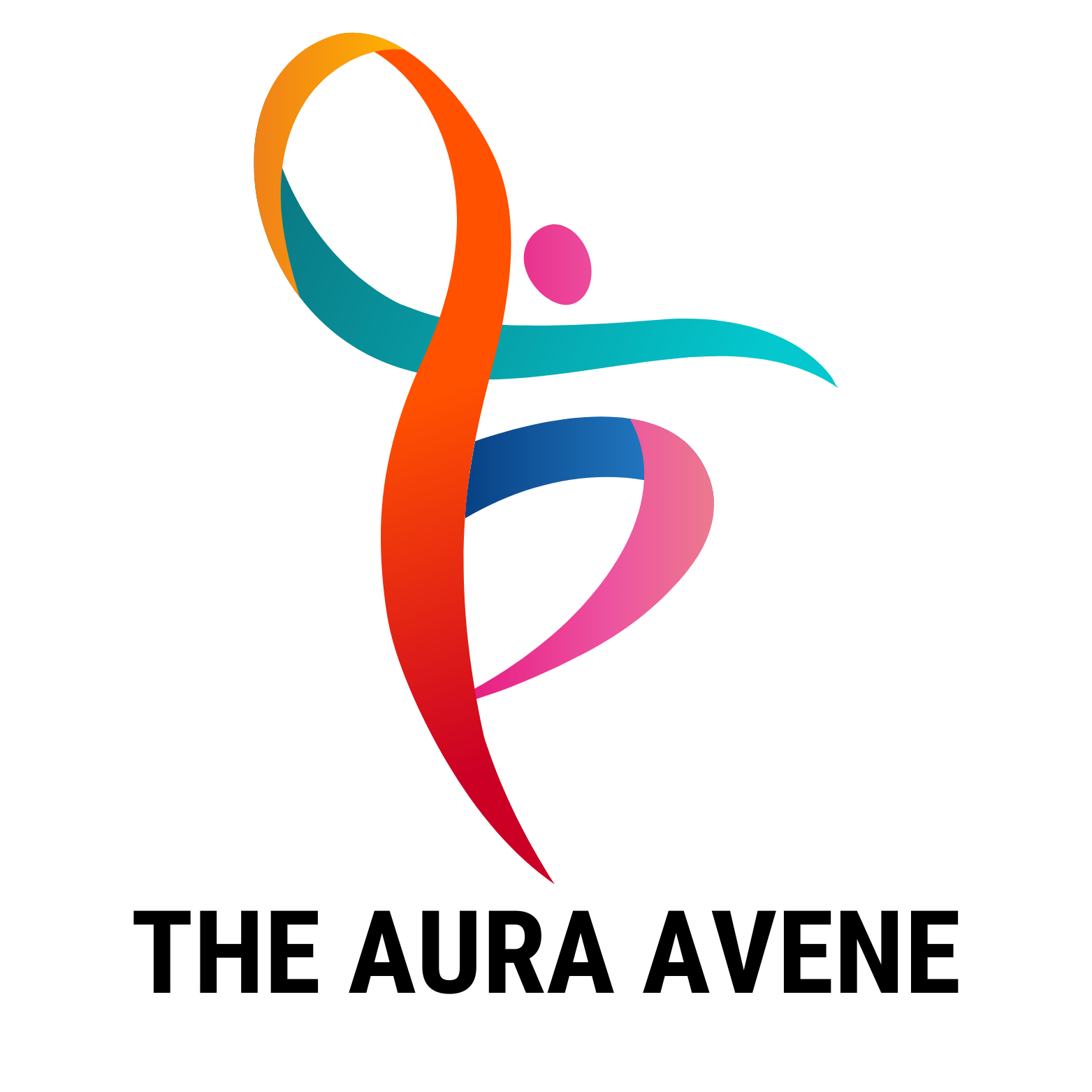The idea of detox diets—which often promise to cleanse the body of toxins, boost energy, and improve overall health—has gained significant popularity in recent years. However, it’s important to approach the concept of detoxing with a balanced perspective, as the body has natural mechanisms in place to detoxify itself, primarily through the liver, kidneys, and other organs. While some detox diets may offer short-term benefits, there are several factors to consider before jumping on the detox bandwagon.

1. The Body’s Natural Detox Systems:
Your body is equipped with its own detoxification system, which includes organs like the liver, kidneys, lungs, and digestive tract. These organs work continuously to filter and eliminate waste products, toxins, and metabolic byproducts from the body. Here’s how they function:
- Liver: The liver processes and neutralizes toxins in the body, converting them into substances that can be excreted in urine or stool.
- Kidneys: The kidneys filter blood to remove waste products and excess substances, which are then excreted as urine.
- Lungs: The lungs expel carbon dioxide and other gases that are waste products of respiration.
- Digestive System: The intestines absorb nutrients from food while excreting waste in the form of feces.
Given that these organs are continually working to detoxify the body, there’s little scientific evidence that specific “detox diets” are needed to enhance this process.
2. What Is a Detox Diet?
Detox diets typically involve fasting or consuming specific foods, juices, or supplements with the goal of purging toxins from the body. Common elements of detox diets include:
- Juices or smoothies: Often made from fruits and vegetables, they are promoted as cleansing the body and providing a nutrient boost.
- Elimination of certain foods: Many detox diets involve cutting out processed foods, sugars, alcohol, caffeine, and other common allergens or irritants.
- Supplements or teas: Some detox plans include herbal teas, supplements, or laxatives that claim to promote cleansing.
3. Short-Term Benefits of Detox Diets:
While the body’s natural detoxification systems don’t require external help, detox diets may offer some short-term benefits. Here’s how they can work in the short run:
- Weight Loss: Many detox diets, especially juice cleanses or those that involve calorie restriction, can lead to temporary weight loss. However, much of this weight loss is water weight or a reduction in glycogen stores, not fat loss. Once normal eating resumes, the weight is likely to return.
- Increased Energy: After eliminating processed foods, alcohol, and caffeine, some people report feeling more energetic. This may be due to cutting out substances that can contribute to fatigue, such as refined sugar or alcohol.
- Digestive Relief: By consuming foods that are rich in fiber (such as fruits, vegetables, and whole grains), some people may experience improved digestion and regular bowel movements during a detox diet. These effects are more about increasing fiber intake than “detoxing” the body.
4. The Risks and Downsides of Detox Diets:
Despite the potential short-term benefits, there are several reasons to be cautious when it comes to detox diets:
- Nutrient Deficiencies: Many detox diets are low in calories and may restrict entire food groups. This can lead to nutrient deficiencies if followed for extended periods. For instance, juice cleanses often lack essential proteins, healthy fats, and important vitamins and minerals.
- Loss of Muscle Mass: Rapid weight loss during a detox diet, particularly from calorie restriction, can result in the loss of lean muscle mass in addition to fat. Muscle loss can slow down metabolism and lead to long-term weight management difficulties.
- Disrupted Metabolism: Extreme fasting or drastically limiting food intake can slow down metabolism, making it harder to maintain a healthy weight after completing the detox program.
- Dehydration and Electrolyte Imbalance: Some detox diets, especially those involving fasting or excessive use of laxatives or diuretics, can lead to dehydration and an imbalance of electrolytes, which are crucial for bodily functions.
- Potential Harmful Effects of Supplements and Teas: Some detox teas and supplements contain laxatives or stimulants that can have side effects, such as cramping, diarrhea, and dehydration. Overuse of these substances can damage the digestive system and lead to dependence.
5. Detox Diets and Gut Health:
While some detox plans emphasize consuming fiber-rich fruits and vegetables, which are beneficial for gut health, the majority of detox diets lack the essential components that support long-term digestive health, such as adequate protein and healthy fats. Additionally, detox diets that drastically reduce food intake can lead to poor gut microbiome health due to a lack of diversity in the diet.
6. The Role of the Liver in Detoxification:
The liver is the body’s main organ responsible for processing toxins. However, it doesn’t require detox diets to function optimally. The liver uses enzymes to break down harmful substances, and a balanced diet rich in antioxidants (found in fruits, vegetables, and whole grains) and nutrients like sulfur (found in garlic and onions) supports its function. There’s no evidence to suggest that detox diets significantly improve liver function beyond what a healthy diet and lifestyle already do.
7. Scientific Evidence on Detox Diets:
The scientific support for detox diets is limited. While many of the ingredients and foods in detox plans (such as fruits, vegetables, and fiber) have well-documented health benefits, there’s little evidence that a “detox” is required for the body to do its job. Most experts agree that the body’s natural detox mechanisms are sufficient, and that healthy lifestyle choices—like a balanced diet, regular exercise, staying hydrated, and adequate sleep—are more effective at supporting detoxification.
8. A More Sustainable Approach:
Rather than turning to extreme detox diets, the best way to support your body’s natural detoxification process is by making sustainable lifestyle changes:
- Eat a balanced diet that includes plenty of fruits, vegetables, whole grains, lean proteins, and healthy fats.
- Stay hydrated by drinking water throughout the day.
- Limit processed foods, refined sugars, and alcohol to reduce your body’s toxic load.
- Exercise regularly to support circulation and promote the elimination of toxins through sweat.
- Get enough sleep to allow your body’s detoxification systems to function properly.
- Manage stress with practices like mindfulness, meditation, or yoga, as stress can impact your digestive system and overall health.
Conclusion:
While detox diets may provide short-term benefits like weight loss or increased energy, they are not necessary for the body’s detoxification processes. The liver, kidneys, and digestive system already perform the task of eliminating toxins. Instead of relying on extreme detox diets, it’s more effective to focus on long-term, sustainable lifestyle changes that support overall health, such as eating a nutrient-rich diet, staying hydrated, exercising, and managing stress. When in doubt, it’s always a good idea to consult a healthcare professional before attempting any restrictive diet or cleanse.
